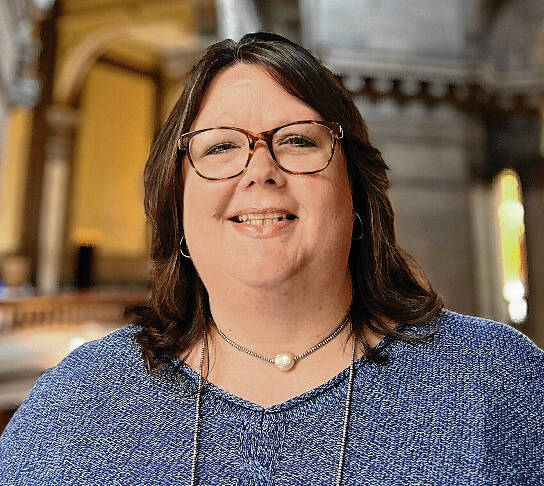I recently peeked at our top stories of the year so far and was surprised to find that two of the five articles with the most page views were about Indiana’s new pornography age verification law. On one hand, we have done some amazing enterprise work I wish were higher. But I have to recognize that something about those stories caught people’s attention.
The overall goal of the legislation is to limit access to the adult material for minors.
The law is now in effect, and Pornhub — perhaps the best-known website for adult content — has officially shut down in Indiana. I know that because I went to the site and was met with a video and text explaining why.
“As you may know, your elected officials in Indiana are requiring us to verify your age before allowing you access to our website. While safety and compliance are at the forefront of our mission, giving your ID card every time you want to visit an adult platform is not the most effective solution for protecting our users, and in fact, will put children and your privacy at risk,” the site said.
Pornhub believes that Indiana’s Senate Enrolled Act 17 will drive traffic to other less-savory sites with fewer safety measures in effect.
“Until a real solution is offered, we have made the difficult decision to completely disable access to our website in Indiana,” it says.
Effective?
I imagine many legislators are just fine with that. The content — while legal — isn’t something most want to go to bat for.
It’s still possible that a lawsuit could prevail eventually. But the U.S. Court of Appeals for the Seventh Circuit called the Hoosier measure “functionally identical” to one adopted by Texas. That law has been in effect since April, when the U.S. Supreme Court declined to issue a preliminary injunction.
I don’t know ultimately how the case will be decided but I have trouble believing that providing identification is too onerous for citizens to comply. After all, if I have to show my ID to vote — the most foundational right there is — then it doesn’t seem crazy to do the same to watch porn.
Last I checked, there isn’t a right in the Constitution to view adult content.
Some content creators argue it’s an easy law to get around with a virtual private network (VPN) to avoid detection. This is probably true, and it is unclear if the law will actually be effective.
Easy to find
Meanwhile, there is more pornography on X, formerly known as Twitter, every day. And you don’t even have to go searching for it. Bots place the material in threads that are completely unrelated and unwanted.
I was curious if X would have to follow the law, but it only applies to a publicly accessible website if at least one-third of the images and videos published depict material harmful to minors.
I’m sure it will only be a matter of time before parents start suing these sites, which the new law allows.
A parent or guardian who prevails is entitled to actual damages or damages of up to $5,000. Indiana’s Attorney General can also file actions against a website that does not implement or “properly use a reasonable age verification method.” And those actions come with a hefty $250,000 fine.
Overall, I don’t have a problem with the law — though I’m not sure it’s actually needed or will be effective. But it sure looks good on a campaign flyer.
Niki Kelly is editor-in-chief of indianacapitalchronicle.com, where this commentary first appeared. She has covered Indiana politics and the Indiana Statehouse since 1999 for publications including the Fort Wayne Journal Gazette. Send comments to [email protected].





